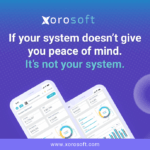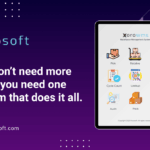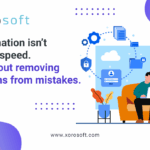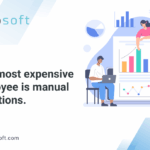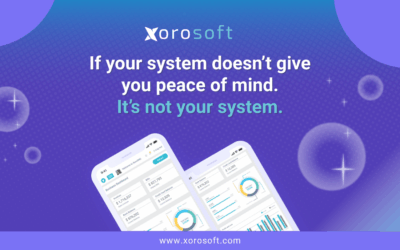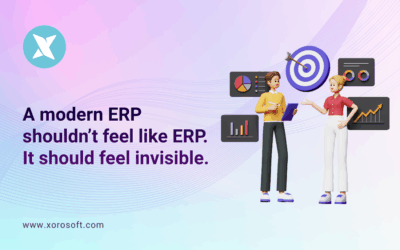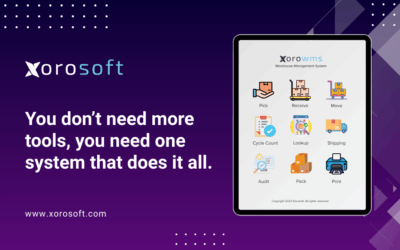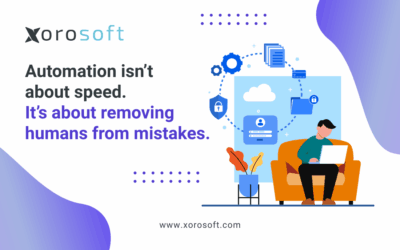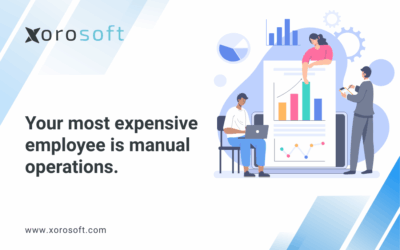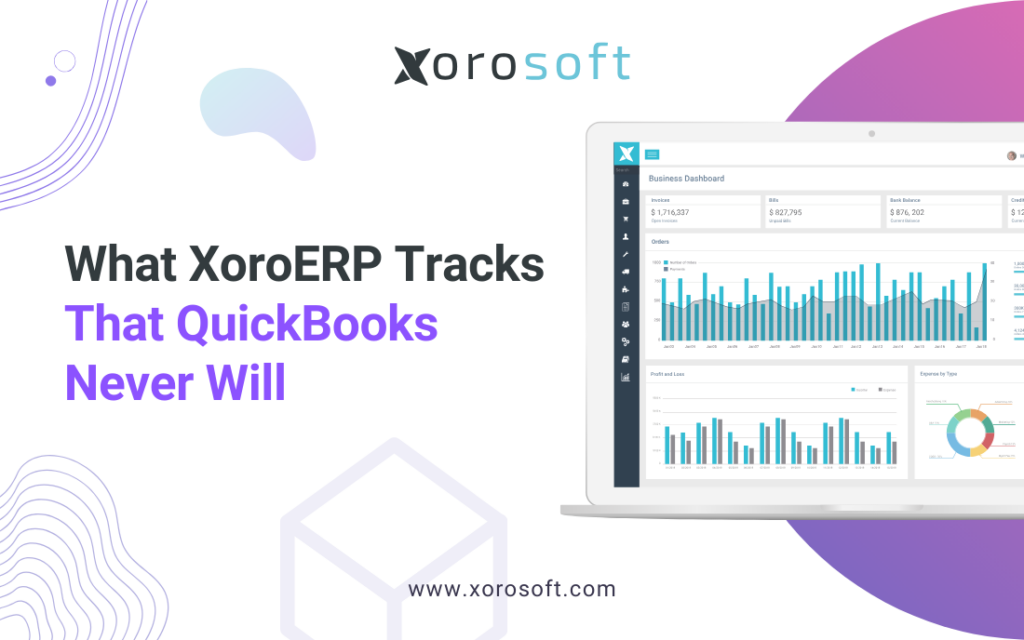
Why Businesses Comparing XoroERP vs QuickBooks Outgrow Accounting Tools
You know that moment when a customer reports an out-of-stock item while QuickBooks still shows it as available. That disconnect is why XoroERP vs QuickBooks has become a decisive conversation for scaling brands.
QuickBooks may be great for basic accounting. However, it was never built to manage complex inventory, multi-channel fulfillment, or manufacturing workflows. As your business scales, those gaps inevitably create errors, missed sales, and frustrated teams. In fact, this is where XoroERP reveals what QuickBooks never will. Moreover, leaders today need real-time visibility that doesn’t collapse under growth.
The Real Cost of Staying on QuickBooks Too Long
Companies relying only on QuickBooks quickly meet its limits. Consequently, cracks appear everywhere as operations grow more complex.
For example, inventory mismatches become frequent. You may have overstock in one warehouse while another runs out. As a result, customer trust erodes and cancellations spike.
Additionally, fulfillment delays occur regularly. Because QuickBooks lacks real-time warehouse visibility, shipments leave late or from the wrong site.
Likewise, manufacturing blind spots disrupt planning. Without BOMs, WIP tracking, or production schedules, raw material shortages and production delays strike without warning.
Furthermore, accounting discrepancies slow finance teams. Reconciliation drags because disconnected tools cause COGS and valuation mismatches.
Ultimately, these inefficiencies compound until they restrict growth entirely. In short, waiting too long to upgrade costs more than moving forward.
Where XoroERP vs QuickBooks Exposes the Gaps
When you compare XoroERP vs QuickBooks, the problem isn’t your team—it’s the system. By contrast, QuickBooks was designed for bookkeeping, not multi-channel operations.
There is no unified view. Data doesn’t sync in real time, and overselling becomes inevitable.
Meanwhile, warehouse management is missing. QuickBooks cannot track bin-level inventory or optimize picking efficiency.
Similarly, production tools are limited. Features like BOMs, routing, and WIP don’t exist.
On the other hand, multi-currency is unnecessarily complex. Global expansion becomes a burden.
Therefore, teams spend hours on manual reconciliation, which drains focus from customers and growth. Notably, these hours multiply every time a new channel or warehouse is added.
How Unified ERP Solves the XoroERP vs QuickBooks Problem
Instead of juggling spreadsheets and disconnected apps, fast-growing companies move to unified ERP platforms like XoroERP. This shift is transformative.
Every transaction updates instantly; sales, purchases, and transfers sync across all departments. In addition, workflows run end-to-end; orders move from storefront to warehouse to shipping without duplicate entry.
Notably, forecasting becomes reliable because all data lives in one place. Likewise, costs are tracked accurately, so profitability by channel, product, or warehouse is crystal clear.
Crucially, scalability is built in. Adding new channels, currencies, or warehouses no longer creates chaos. As a result, teams act proactively instead of constantly reacting. Consequently, leaders plan ahead with confidence rather than firefighting daily issues.
What XoroERP Tracks vs What QuickBooks Misses
The strength of XoroERP vs QuickBooks is most obvious when you compare tracking features directly.
| Business Area | QuickBooks’ Limits | XoroERP’s Advantage |
|---|---|---|
| Bin-level tracking | Warehouse-level only | Full WMS with bin, shelf, and zone views |
| Multi-channel inventory | Requires add-ons | Native integration with Shopify, Amazon, 3PLs |
| Manufacturing & BOMs | Minimal tools | BOMs, routing, WIP, capacity planning |
| Lot & serial tracking | Partial support | Complete traceability with expiry control |
| Order routing | Delayed batch syncs | Real-time, rules-based routing |
| Analytics | Basic reports only | Real-time dashboards across ops & finance |
| Multi-currency | Complex, manual | Built for multi-entity compliance |
| Procurement | Limited POs | Automated reorders & vendor scorecards |
| Labor optimization | Not supported | WMS with picking/packing efficiency |
| Automation | Manual reconciliation | End-to-end automation with APIs |
For instance, QuickBooks delays syncing orders, while XoroERP routes them in real time. Likewise, QuickBooks requires add-ons for multi-channel inventory, whereas XoroERP connects natively. Moreover, QuickBooks struggles with multi-currency, while XoroERP handles it smoothly. Consequently, global expansion stays compliant and in control. Above all, QuickBooks still depends on manual reconciliation, while XoroERP automates end to end. In practice, that one change alone removes hours of repetitive work every week.
Why XoroERP Wins the XoroERP vs QuickBooks Comparison
XoroERP is cloud-native, fast to deploy, and fully integrated with modern commerce. Furthermore, it connects to Shopify, Amazon, EDI, and 3PLs directly. Unlike QuickBooks, it supports multi-currency and multi-location operations without bolt-ons.
Beyond that, XoroERP includes a robust Warehouse Management System (WMS). That means smarter picking, faster fulfillment, and fewer costly errors. Importantly, these benefits appear quickly because the platform is designed for rapid deployment.
Recognition adds weight as well: XoroERP is ranked #1 in Ease of Use on G2 and is live on the Shopify App Store as a fully integrated ERP. See G2 Rankings and Shopify App. Consequently, companies trust that adoption will streamline—not complicate—their workflows.
Why It’s Time to Move Beyond QuickBooks
If you’re still reconciling inventory in spreadsheets or losing sales because QuickBooks updates too slowly, it’s time to move on. To be clear, QuickBooks was never built for scale.
By switching to XoroERP, you gain real-time tracking, unified data, and automation across every function. Nevertheless, staying with QuickBooks guarantees inefficiencies. Consequently, growth slows rather than accelerates. Therefore, the XoroERP vs QuickBooks debate nearly always ends the same way: XoroERP delivers the control and visibility modern businesses demand.
👉 Book a demo and see how much smoother your operations can run.
